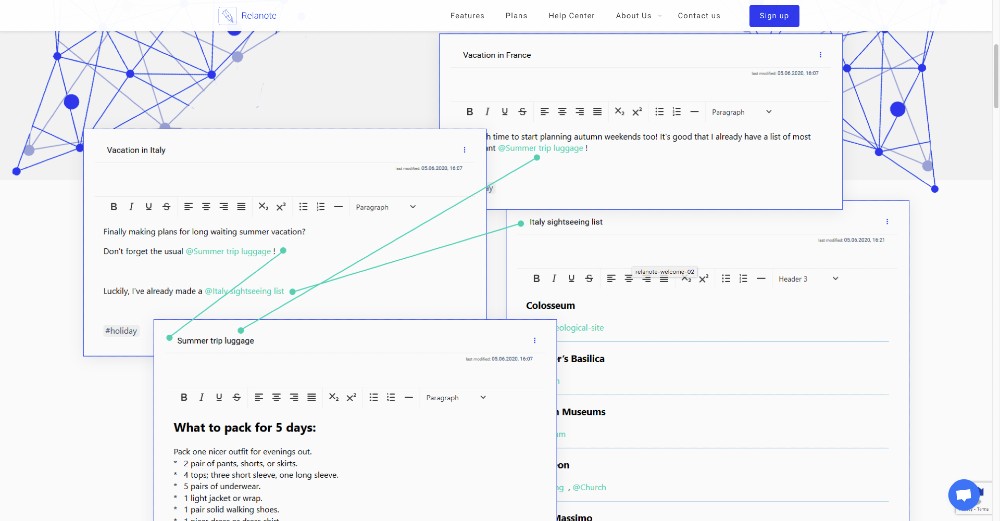A lack of confidence in emails is a serious problem, especially in business because it often sets the wrong tone or makes messages seem weak. Most times it’s because we don’t want to be brash and arrogant, so we sometimes soften things to make them seem more appealing.
![]()
Just Not Sorry
When you compose a message, if you say “I think”, it implies you are not sure of your position. The word “just” is also a dead giveaway as a weak throwaway word that doesn’t need to be there. Similarly, saying “sorry” in an email makes you come across as timid. We try to squeeze in these qualifiers in hopes that the reader will accept what we are trying to say. Yet, this often results in a lack of confidence in writing.
Cyrus Innovation is looking to change weak writing. The company has built a simple Gmail plug-in called “Just Not Sorry.”
The plug-in identifies wishy-washy words and phrases thought to undermine a message so you can weed them out.
Phrases such as “I think,” “just,” “I’m no expert,” and, of course, “sorry” are a just a few that will trigger a warning from the service.
Once identified, the problem word is underlined in red as though it were misspelled so you can quickly see it. If you hover over the word, you can see a quote from famous folks like economist Sylvia Ann Hewlett explaining how the phrase is usually perceived and why you should think twice about using it in your message.
Stop sounding like a pushover
That’s not to say these phrases should always be avoided in your messages. Sometimes saying sorry is perfectly fine in an email. However, it’s saying sorry too much that can set a weak tone or make you seem like a pushover. The trick is to use strong words that make it easier to understand your intent.
Perhaps a future extension will spot all passive voice, poor word choices, or unclear phrases. In the meantime, you can try the extension to help you write stronger emails. “Just Not Sorry” can be downloaded from the Chrome Web Store
#JustNotSorry
Nichole earned a Master's in Sociology from Texas State University and has publications in peer-reviewed journals. She has spent her career in tech and advertising. Her writing interests include the intersection of tech and society. She is currently pursuing her PhD in Communication and Media Studies at Murdoch University.














































